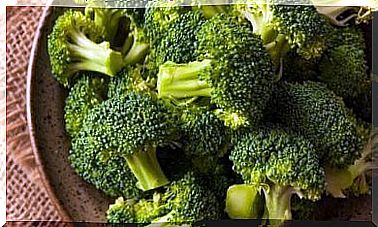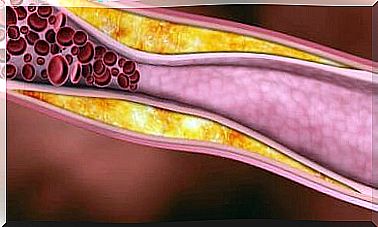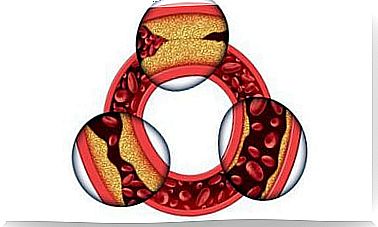How Do Proteins Work And What Is Their Function In The Body?
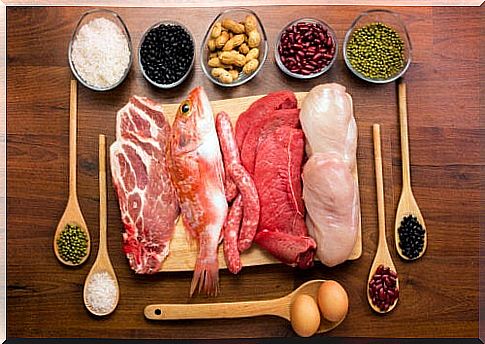
Do you already know how proteins work and what their function is in the body? These molecules are essential nutrients for many vital processes, which is why it is important that we include them in sufficient amounts in our diet.
Proteins are made up of different structural units called amino acids. Not all amino acids can be synthesized directly in the human body and are therefore considered essential. In other words, we have no other way to get them than through diet.
What is the role of proteins in the body?
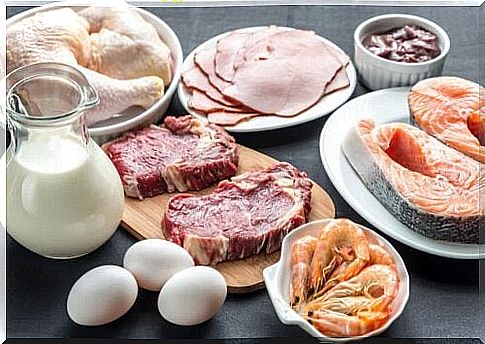
In general, proteins are molecules with 4 basic elements: carbon, hydrogen, oxygen, and nitrogen. In addition, they may contain sulfur, iron, copper or other minerals.
Proteins are one of the most important macronutrients for the optimal functioning of the body, as they play a fundamental role in all living things. Their functions are diverse and wide-ranging, focusing on building and supporting tissue and muscle mass. But this isn’t the only thing proteins do, and that’s why we’re going to talk in more detail in this article about how proteins work and what their role is in the body.
Some of the key functions of proteins:
- Structure and plasticity: One of the functions of proteins in the body is to form cellular structures. They repair and support tissues and increase their flexibility and durability. A classic example of such proteins is collagen, which is found in bones and tendons. Another good example is keratin, which we can find in hair, skin and nails. In fact, according to some studies, protein intake is one of the basic components for achieving adequate muscle mass.
- Regulation: Some hormones, such as insulin and glucagon, are proteins in nature. Both allow, for example, our bodies to be able to regulate blood sugar levels. Another example is calcitonin, which is responsible for calcium metabolism. In addition, there are proteins in our body that are responsible for controlling cell division and gene expression.
- Defense: Proteins help create immunoglobulins. These are antibodies that can protect us from harmful foreign substances. For example, mucins protect mucous membranes and have a protective effect against bacteria. Fibrinogen and thrombin, in turn, prevent excessive bleeding by promoting the formation of blood clots.
- Homeostasis: Proteins also act as so-called shock absorbers in our body because they have the ability to keep our body in a stable process called homeostasis. In other words, they ensure that the body’s pH level, acidity, and osmotic balance adhere to normal values.
- Enzymes: Many proteins are enzymes, meaning they ensure that certain reactions in the body occur more quickly. Their ability to accelerate these processes is due to their ability to interact with substrates. Examples of such proteins are enzymes that allow food to be broken down; these include amylase, lipase and protease, among others.
- Transport: Proteins also help transport various substances through body fluids. These include, for example, oxygen (via hemoglobin and myoglobin) and fats (via apoproteins). At the cellular level, proteins act as channels and receptors that allow compounds to enter and exit through cell membranes.
- Storage: Proteins also act as energy stores if they are to be used as fuel for the body. Although the body does not optimally use proteins as such, burning them for energy is possible when there are not enough carbohydrates available.
Sources of proteins
Protein-producing foods are of both animal and plant origin, but their quality varies. Sources of animal origin have a high biological value because they contain all the amino acids necessary for the body. We can find some shortcomings in herbal products.
According to scientific studies, when we consume vegetable proteins – with the exception of soy – we need to try to combine these foods to achieve optimal quality. Otherwise, we will always be missing some of the most important components our bodies need in any situation.
To support important functions in the body, we can find good proteins from the following sources:
- Red and white meat
- Eggs
- Dairy products
- Legumes: especially soybeans, chickpeas and lentils
- Nuts, almonds and seeds
Based on scientific evidence, it is recommended that we provide our bodies with 0.8 grams of protein per kilogram of body weight per day. This requirement varies according to the daily needs defined by lifestyles. For this reason, for example, pregnant women, children, infants, young people and the elderly population should ensure that their dietary intake of these important nutrients is higher than normal.
For an athlete, the amount of protein in the diet varies because the level of physical activity performed has a lot to do with it. For example, according to a study published in the Journal of the International Society of Sports Nutrition, the amount of protein in an athlete’s diet should be at least 2 grams per kilogram of body weight per day.
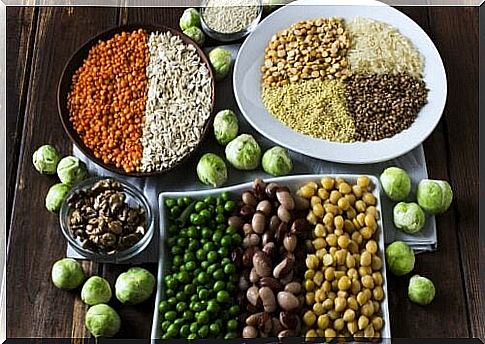
How proteins work in the body: a summary
This nutrient is essential for the functions of many important organs, so we must always make sure we get enough protein from our diet. Protein intake is generally adequate in diets of animal origin, but in the case of vegetarian and vegan diets, it is important to pay special attention to protein intake; in these situations, for example, it may be a good idea to see a nutritionist or doctor.
As we have already seen above, proteins are not just important nutrients for building and supporting tissues. Their ability to influence many different processes in the body makes them essential nutrients for life. From the hormonal balance of the body to the microscopic entry of various substances at the cellular level, proteins are vital nutrients on which we are completely dependent.
